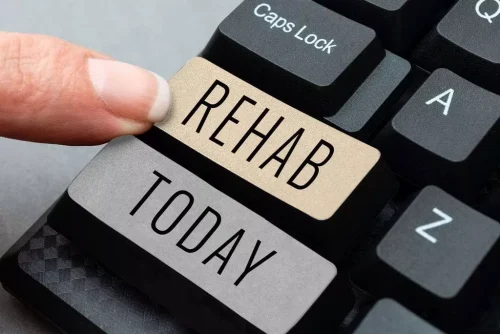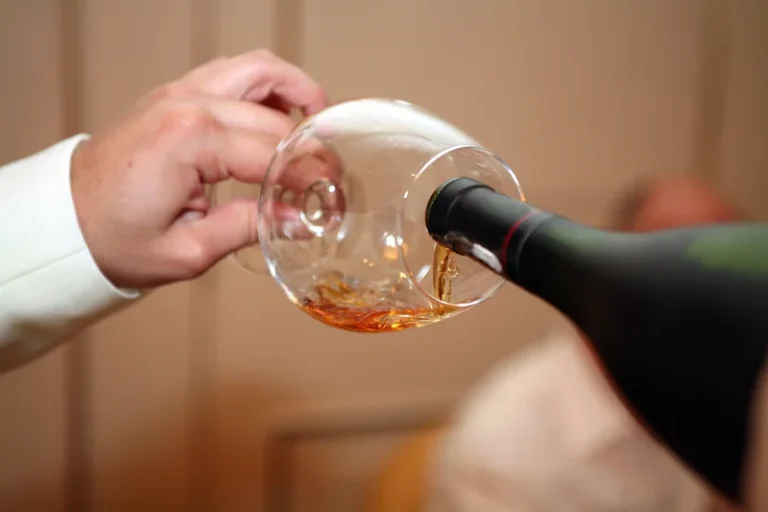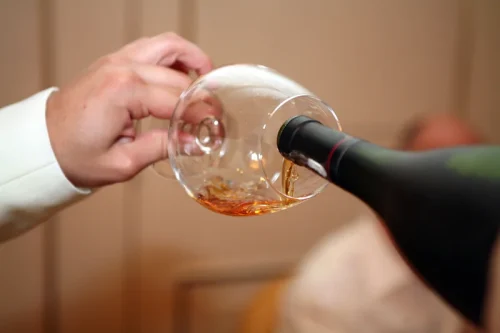
If you look out a longer time, people who drink are six times more likely to have a cardiovascular event within a week compared to people who don’t drink. In addition to improving your mental well-being, it may lower your risk for some mental illness and contribute to better sleep. Minor, moderate, and severe withdrawal symptoms typically begin about 6 hours after the last drink is consumed. There are many resources available for anyone who is ready to stop drinking for good, or who wants to reduce the harm alcohol is causing in their life by cutting down.
After One Week
- We also share some tips on curbing your alcohol intake and how to get the support you need.
- You will experience reduced anxiety and stress, improved digestion, less bloating, potential weight loss, and an improved ability to handle life’s issues.
- “If you have cancer and you’re worried about it growing then you should stop,” he explained.
- Withdrawal symptoms can quickly go from a bad hangover to a serious medical situation.
However, when you stop drinking, your risk of developing these diseases decreases. Like other symptoms, the impact on mood depends on the amount and duration of your alcohol use. For light or moderate drinking, you might experience a more temporary, mild effect on mood. If you’ve been drinking heavily or for long periods, the impact will be more pronounced, and it will take longer for your neurotransmitter systems to restore their balance in your body. It’s important to remember that they are only temporary and will usually subside within a few days.

Medications to Ease Withdrawal Symptoms
One study found that around 70% of participants had sleep problems when they were admitted for alcohol treatment. That number dropped to 50% when the participants went home, and many reported that their sleep quality got better after treatment. https://ecosoberhouse.com/article/here-is-how-alcohol-affects-your-skin/ According to the National Survey on Drug Use and Health, 9.2 million U.S. adults had both mental health disorders and a substance use disorder in 2018, yet nearly 60% did not get treatment. Quitting alcohol won’t just protect your physical health—it can also improve your mental well-being.
- This article discusses alcohol withdrawal, its symptoms, and potential complications.
- You might not have any issues after your short-term withdrawal goes away.
- It’s typical for withdrawal symptoms to begin within hours to a day or two after you have your last drink.
Quitting alcohol can be challenging, but the benefits of abstaining can improve your overall health and happiness.
- One of the most significant benefits of giving up alcohol is that you may increase your lifespan.
- While these symptoms are more severe than Stage 1, they are not life-threatening.
- Most of this inflammation will be gone by your fourth week of abstinence.
If you want to reduce your alcohol use and stop drinking, there is help and support for you. Behavioral interventions, medications, and social support can all play a role in your alcohol recovery. If you’ve stopped drinking and still can’t sleep, talk to your provider. There are many things that can affect your sleep—physically and mentally. But there are also things what happens when you stop drinking alcohol you can do to cope and improve your sleep. When you quit drinking, you’ll probably notice that the colds, flu, and other illnesses you always seem to catch happen less often.

A healthcare provider may request daily visits during which they will likely run blood tests and monitor vital signs until symptoms stabilize. It’s typical for withdrawal symptoms to begin within hours to a day or two after you have your last drink. Symptoms are often at their worst around 24 to 72 hours after you stop drinking. If you experience ongoing anxiety or depression, it’s important to reach out to a health care provider to discuss treatment options. And as a central nervous system depressant, alcohol can worsen mental health conditions such as depression, anxiety and panic disorder, says McMahon. Sometimes called alcoholic hallucinosis, these can show up within 12 to 24 hours after you quit.




